AI and big data hold immense potential for the UN, as it seeks to achieve its objectives of peace, security and sustainable development. However, the UN does not always find it easy to access relevant, high-quality data on time, or use the data effectively and sustainably.
Data Insights for Humanitarian Action (Disha) is a multi-partner initiative that aims to accelerate ethical and responsible access to data and AI solutions for more far-reaching social benefit. By facilitating access to reusable data through reliable models, standardised approaches and frameworks, Disha opens up more ways of supporting humanitarian, peace-building and development efforts.
Disha is actively working on two use cases to develop scalable methods that will give end users improved access to data and insights, and better results.
Damage Assessment: Uses AI models to assess damage to buildings after a disaster or conflict. By providing rapid insights at scale, we hope to enable faster remote evaluations, save on-site resources and support rebuilding.
Socio-economic Mapping: Uses mobile phone data to monitor population density and mobility, and estimate poverty by region. Called “nowcasting”, this technique can help humanitarian organizations to predict where people might need food or cash assistance.
Our impact
Disha aims to drive innovation and improve programs by giving users long-term access to diverse data assets. We offer user-friendly tools that enable effective application of AI models, bring valuable insights and allow for seamless transfer across contexts.
Disha facilitates data use through user-friendly “insight layers” that transform complex data into easily understood information, aiding decision-making and program implementation. For example, Disha’s socioeconomic mapping use-case, developed in collaboration with NGOs, successfully tracks post-disaster population movements and shifts in poverty metrics, proving its use in managing disasters and cutting lead time for relief.
Aware of the legal and ethical aspects, Disha aims to develop a data/AI ethics and governance framework, ensuring trustworthy and responsible access to and reuse of all data, AI and insights. We promote transparency, accountability, and simplified data sharing with a legal framework for sharing and licensing. This clarifies roles and responsibilities, solves common legal issues, minimises negotiation time and harmonises onboarding processes.
Disha builds users’ capacity to scale their insights and solutions through guidance, mentorship, partnership-brokering and best practices support.
Our lessons
Involving expert users, such as the United Nations Satellite Centre (UNOSAT) and the World Food Programme (WFP), is vital for developing user-friendly products that effectively support disaster response operations.
It is important to establish a clear understanding and agreement with data providers regarding the structure and delivery of raw data. Doing this prior to developing data science models allows for productive experiments and a full understanding of the product’s capabilities and limitations.
Engaging stakeholders in the initiative requires the commitment of top management to motivate partner teams and ensure active participation. Clear expectations, including specific lead times for legal agreements, should be communicated upfront.



